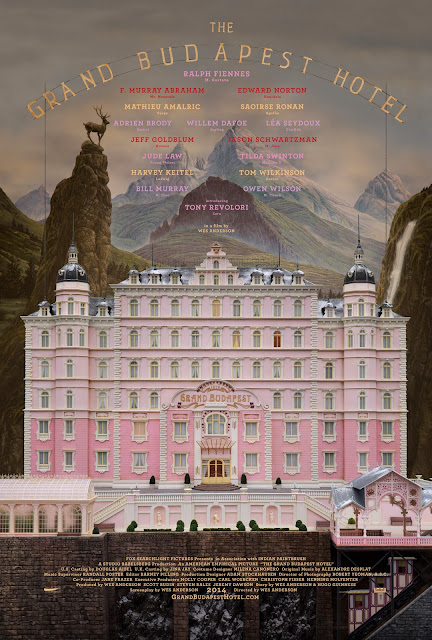picaresque [pik-uh-resk]
adjective
1. Of or pertaining to the characteristics of a form or subgenre of prose fiction, originally developed in 16th Century Spain and flourishing throughout Europe, depicting, sometimes in satire and sometimes in a realistic fashion, in humorous detail the adventures of a roguish hero taking part in a series of episodes depicting the often over the top parody of the every day life of the common people.
2. Or of pertaining to rogues.
EX. Wes Anderson is one of my favorite filmmakers; his uniquely quaint but fanciful, subtle but over-the-top, and blunt but whimsical works are masterfully crafted by the use of sets and costumes constructed out of picture books and old photographs into a mural of styles that somehow seem timeless and simultaneously tied to various times and places of the 20th Century. His cinematography, with sweeping single shot cuts of the scenery and characters to well-narrated vignettes meant to quickly and humorously characterize a moment or feeling, cast always brilliantly with quirky and loveable actors, creates a picaresque ride for the audience that leaves them with a sense of joy in the hero's muffled triumph and a sense of ennui that one's life is often separated from the romantic adventures that Anderson's heroes embark upon.
It's not for everyone, but I love his films like I love a yellow-papered hardback given to me by an elderly professor that bonded with me over a discussion on Early Modern European spy networks and the inner life of Thomas More's contemporaries.

